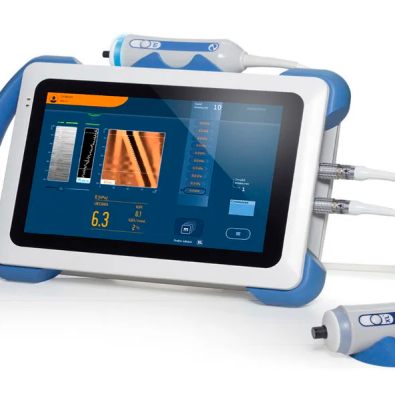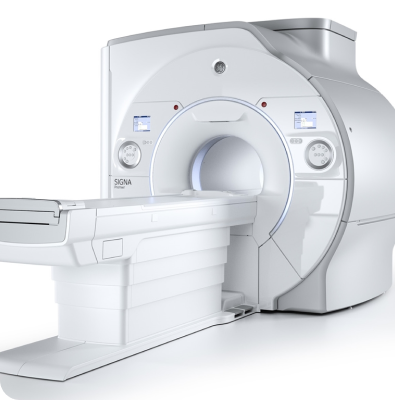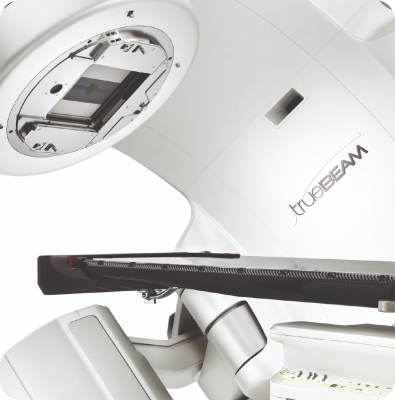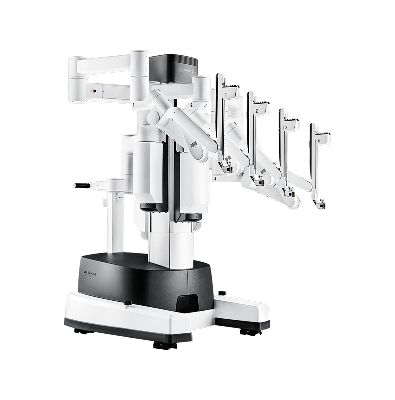What Is Pediatric Surgery?
Pediatric surgery is a medical specialty that deals with congenital and acquired surgical diseases of the respiratory, digestive, and urinary systems from the newborn period through adolescence. The diseases seen in childhood differ significantly across age groups, and patients can range from newborns to adolescents. Diagnosis and treatment must always be planned with consideration of the child’s growth, physiology, and psychological well-being.
What Are the Most Common Surgeries Performed in the Pediatric Surgery Department?
The most common surgeries performed in the pediatric surgery department include circumcision, inguinal hernia repair, hydrocele, undescended testis (cryptorchidism), testicular torsion, hypospadias repair, laparoscopic procedures, ovarian cyst and torsion surgery, appendectomy, and treatment of intestinal obstruction (intussusception). In addition to these, surgeries for congenital anomalies of various organ systems and neonatal surgical conditions such as Hirschsprung’s disease, diaphragmatic hernia, meconium ileus, and necrotizing enterocolitis are also performed. Furthermore, pediatric surgery addresses certain non-surgical functional disorders such as constipation and urinary dysfunctions.
What Factors Affect Success in Pediatric Surgery?
Pediatric surgery is not a service provided solely by the surgeon but rather by a qualified and well-coordinated team, including pediatricians, neonatologists, anesthesiologists, and radiologists. The multidisciplinary expertise and collaboration of these teams significantly affect surgical outcomes.
Another key factor influencing surgical success is proper preoperative preparation. Identifying and addressing conditions that could cause complications during surgery or anesthesia beforehand, ensuring appropriate postoperative care, and preparing both the child and the family psychologically all contribute to a successful outcome. For children aged 3–4 and older, explaining the hospital process and planned treatment in a way they can understand and involving the family in the process help minimize the stress of this potentially traumatic experience.
What Are the Common Surgical Conditions in Children?
The most common surgical conditions in children include circumcision, hernia, undescended testis, appendicitis, and hypospadias (commonly known as “prophet circumcision”).
What Is Circumcision?
Circumcision is a surgical procedure in which the foreskin covering the tip of the penis is removed.
When Should Circumcision Be Performed?
Early circumcision is recommended for conditions such as urinary tract infection, inflammation of the foreskin, ballooning during urination, or urinary difficulty, as well as in certain kidney or urinary tract diseases. If these problems are absent, the ideal time for circumcision is either before the age of two or after the age of five to six. For children between ages two and five with infections or urinary tract issues, circumcision can be performed under anesthesia.
How Is Circumcision Performed?
Circumcision is a day-case surgical procedure performed under appropriate anesthesia in an operating room. Hospitalization is not required; typically, 2–3 hours of postoperative observation is sufficient. The procedure is completed using aesthetic sutures.
What Is a Hernia? Can Children Have Hernias?
Hernias can also occur in childhood. In male children, the testes develop below the kidneys during fetal life and descend into the scrotum through a canal in







